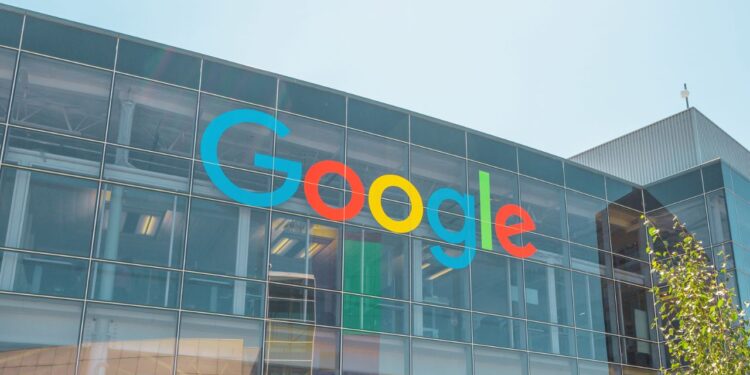Google’s Wednesday announcement of Gemini adds to a new program to the growing field of generative AI models looking to compete with Open AI’s ChatGPT for dominance in the world of work. Google calls Gemini their most advanced and general artificial intelligence (AI) model yet.
In a company blog post, Sundar Pichai, CEO of Google and Alphabet, emphasized the transformative potential that AI technologies will have on society — likening the impact to being far greater than the shifts to mobile phones or the web.
Google announced that Gemini will be released in different versions named as Ultra, Pro, and Nano, and that the tech represents a leap in generative AI capabilities — with “state-of-the-art performance” across numerous benchmarks published by the tech giant. Depending on the version, users will have access to different features. For example, Gemina Ultra can work with different forms of multimedia including audio, images, and video.
Generative AI’s widespread integration into the workforce has been rising steadily, but employers have been hesitant to issue official company policies regarding generative ai tools. Meanwhile, the technology and algorithms behind generative ai models have been advancing at a rapid rate in 2023, prompting the Biden administration to issue an executive order related to AI-driven technologies.
Generative AI tools are poised to increase employee productivity, creativity, and assist in problem-solving across many industries. However, one particular concern among employees is job security and automation — prompting many to desire upskilling or training programs in AI-related tools.
The heightened competition between Google’s Gemini and OpenAI’s ChatGPT reflects the broader field of AI. This competition drives rapid advancements and innovations, likely benefiting users and businesses in the long run. However, it also underscores the need for responsible AI development, considering ethical implications and its potential risks. Google claims Gemini has been developed with a much more efficient model. Trained on Google’s Tensor Processing Units, which are reportedly both “faster and cheaper” to run than Google’s previous AI models like PaLM, according to a report published by The Verge.
As AI becomes more capable, this will lead to changes in job requirements and the nature of how many professions work. Skills in managing, interpreting, and leveraging AI outputs will also become increasingly valuable the more adopted this tech becomes.



 Dr. Gleb Tsipursky – The Office Whisperer
Dr. Gleb Tsipursky – The Office Whisperer Nirit Cohen – WorkFutures
Nirit Cohen – WorkFutures Angela Howard – Culture Expert
Angela Howard – Culture Expert Drew Jones – Design & Innovation
Drew Jones – Design & Innovation Jonathan Price – CRE & Flex Expert
Jonathan Price – CRE & Flex Expert











